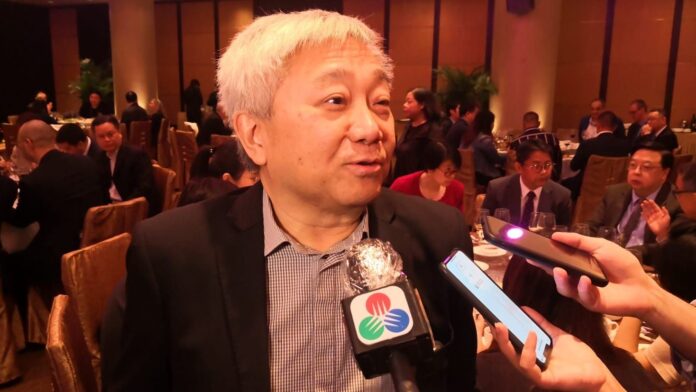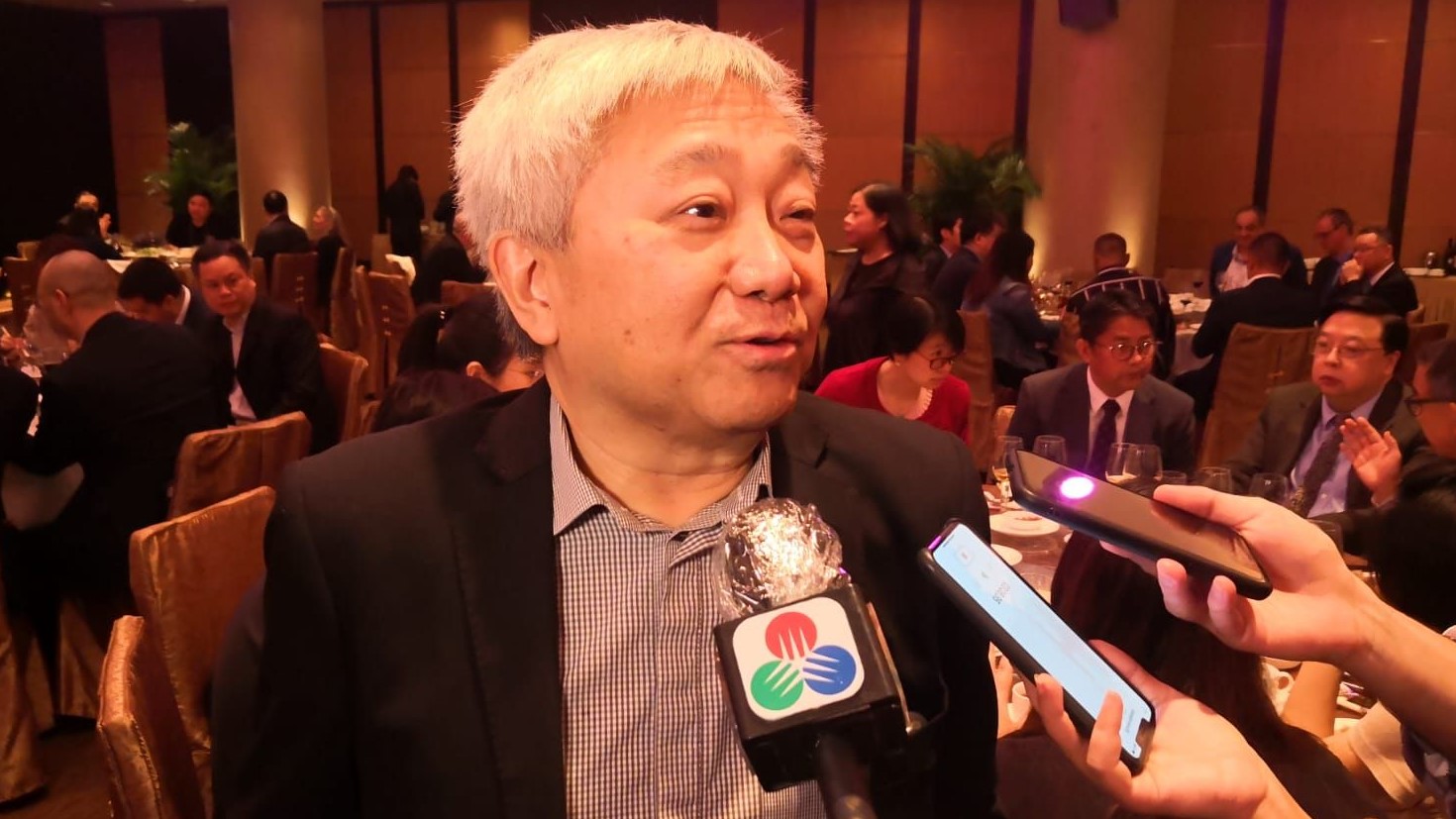Earlier this month, Macau saw the introduction of a bill to update laws regulating the granting of credit to gamblers to play in local casinos. According to local media, lawmakers are “mostly satisfied” with the first version of the bill presented by the government, with their only points of concern being related to ensuring it has enough elements to be effective in tackling all the potential issues.
The first meeting of the Second Standing Committee of the Legislative Assembly (AL), led by its Chairman Chan Chak Mo, concluded it was unnecessary to draft questions to the government on this matter. Chan also recalled that the bill is mostly to update the granting of casino credit rules, adjusting it to the new gaming laws approved last year and that are now in force.
The committee chairman also noted the object and purpose are “very clear” and restrict the granting of credit for gambling, which must be mandatorily granted in gaming chips, reports Macau Daily Times. It is worth mentioning that some aspects of these rules have already been addressed and are part of other gaming laws.
An example is the one that regulates the operation of casinos where it is already stated that gaming promoters can grant credit to gamblers, as long as they have a contract with the concessionaire that allows them to either grant the credits on their own or in the representation of the concessionaire.
Chan Chak Mo, president of Macau's Second Standing Committee of the Legislative Assembly
According to Chan, one of the questions raised during the committee’s meeting was whether there was any limitation on the type of gaming chips to be given to the players as credit. This matter was already under discussion previously, with the government saying at the time that the credit could be issued “in either non-negotiable or negotiable chips.”
In Article 30, the text of the bill also specifies which types of credit granting can or cannot constitute usury, with some lawmakers expressing opinions that the government might also have to update Law number 8/96/M, which regulates the liceity of gaming activities.
The AL committee chairman said most of the matters to be resolved are “technical” and will be solved by the juridical advisories from the AL and the government. After this, the committee will invite the government representatives to a meeting with the lawmakers to respond to any questions and doubts they may have, further reports the cited source.
In the first draft of the bill, one of the matters that concerned several lawmakers was related to the protection of the rights of the credit grantors in case the gamblers failed to repay their debt. Chan said, however, that the matter has already been debated enough and that there are judicial procedures that can be taken in such cases that are not limited to Macau jurisdiction, considering that there are enough guarantees for the casinos and promoters in pursuing the repayment of the credits granted, even beyond Macau’s borders.

Under the new bill, titled “Legal regime of credit concession for gambling in casinos,” only the city’s gaming concessionaires and their partnered gaming junkets can serve as credit issuing entities. Meanwhile, management companies will be barred from engaging in such business.
Central to the bill is the role of the Gaming Inspection and Coordination Bureau (DICJ), which will be responsible for overseeing the credit activities of both concessionaires and the junkets they partner with. In order to ensure proper oversight, it states that “the supervisory staff of DICJ can perform supervisory duties at any time and without prior notice.”















